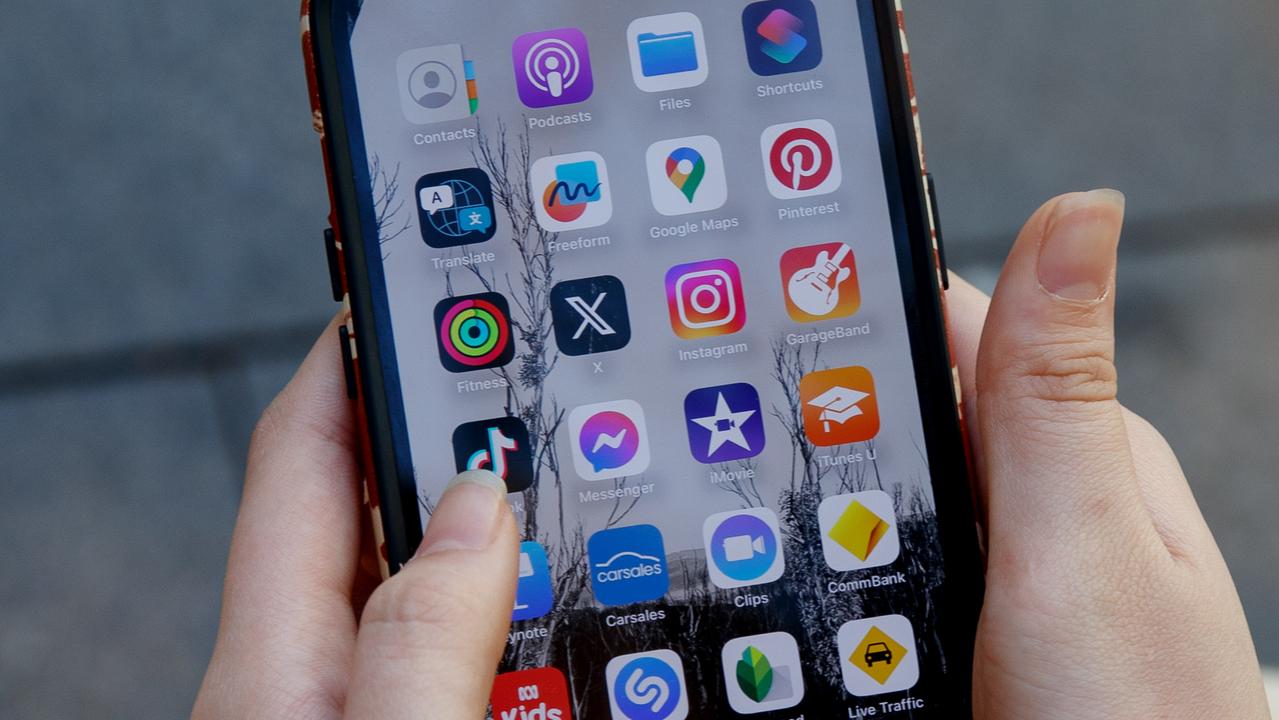Nomophobia: The word of the year has been crowned but chances are you’ve never heard it
It describes a social condition many of us feel, but chances are you’ve never heard of the term that’s just been crowned Word of the Year.

It describes a social condition that psychologists warn is increasingly common in our modern world, but chances are you have never heard of it.
Yet this new word is so relevant that Cambridge Dictionary has declared it the Word of the Year for 2018 after a global people’s choice poll.
A short list of four words that were added to its book this year was taken to a vote, with nomophobia coming out on top.
Nomophobia, a noun, describes the sense of fear or worry that arises when someone is without their mobile phone or unable to use it.
It can strike when the battery dies while you’re out and about and unable to recharge it or suddenly find yourself in a location with patchy reception.
It could also be felt when you can’t find your handset, if it’s slipped between couch cushions or fallen under your bed, or worse, if you’ve left it in the back of an Uber.
“Your choice tells us that people around the world probably experience this type of anxiety enough that you recognised it needed a name,” Cambridge Dictionary said in a statement.
“Like many modern coinages, nomophobia is what’s called a blend — a new word made up of syllables from two or more words, in this case ‘no mobile phone phobia.’”

It beat out other finalist words gender gap (the difference in how men and women are treated), ecocide (destruction of a natural environment) and no-platforming (refusing someone an opportunity to share their views of beliefs).
Despite our growing reliance on smartphones for a multitude of everyday tasks, from navigation to ordering food, nomophobia isn’t exactly a new word.
The earliest known use of nomophobia was in 2008, but not by psychologists. It emerged in a report prepared by researchers for the UK Post Office.
“It then began to appear in UK media and has since spread around the world. Having proved its staying power, it was added to the online Cambridge Dictionary earlier this year.”
While it didn’t start out as a scientific term, it has been used by psychologists and anthropologists in recent years.
And it could describe a syndrome much more complex than simply wanting to phone someone but not being able to.

Scientists from City University in Hong Kong believe smartphones are now so advanced and personal to us that they have actually become an extension of ourselves.
“When users perceive smartphones as their extended selves, they are more likely to become attached to the devices, which, in turn, leads to nomophobia by heightening the phone proximity-seeking tendency,” the report, published in the journal Cyberpsychology, said.
“Recent smartphone and app development seems to inevitably increase users’ attachment, as the technology and related services become increasingly personalised and customisable.
“This suggests that users should be conscious not to become overly dependent on smartphones while benefiting from the smartness of the technology.”

Another study recently indicated that easy access to external information via smartphones can also cause transactive memory, which reduces our ability to acquire and retain knowledge.
And a study by McCombs School of Business found that merely having your mobile within reach, even if it’s switched off or out of view, could reduce brain capacity.
According to Psychology Today, 58 per cent of men and 47 per cent of women likely suffer from nomophobia.
It’s changing the way we use our phones, with 65 per cent of people sleeping with their handsets next to them on the bed and 34 per cent admitting they had answered a call during a moment of intimacy with their partners.
More than half of people never switch off their phone and one in five said they would rather go without shoes for a week than their phones.

A range of studies have explored links between high mobile phone dependency and diminished sleep quality, depression, lower rates of socialisation in teenagers and a rise in body image issues in young girls.
The University of Sheffield explored the benefits of switching off completely and found living a social life offline resulted in spending more time with people, having more quality relationships and feeling “present” in moments.




